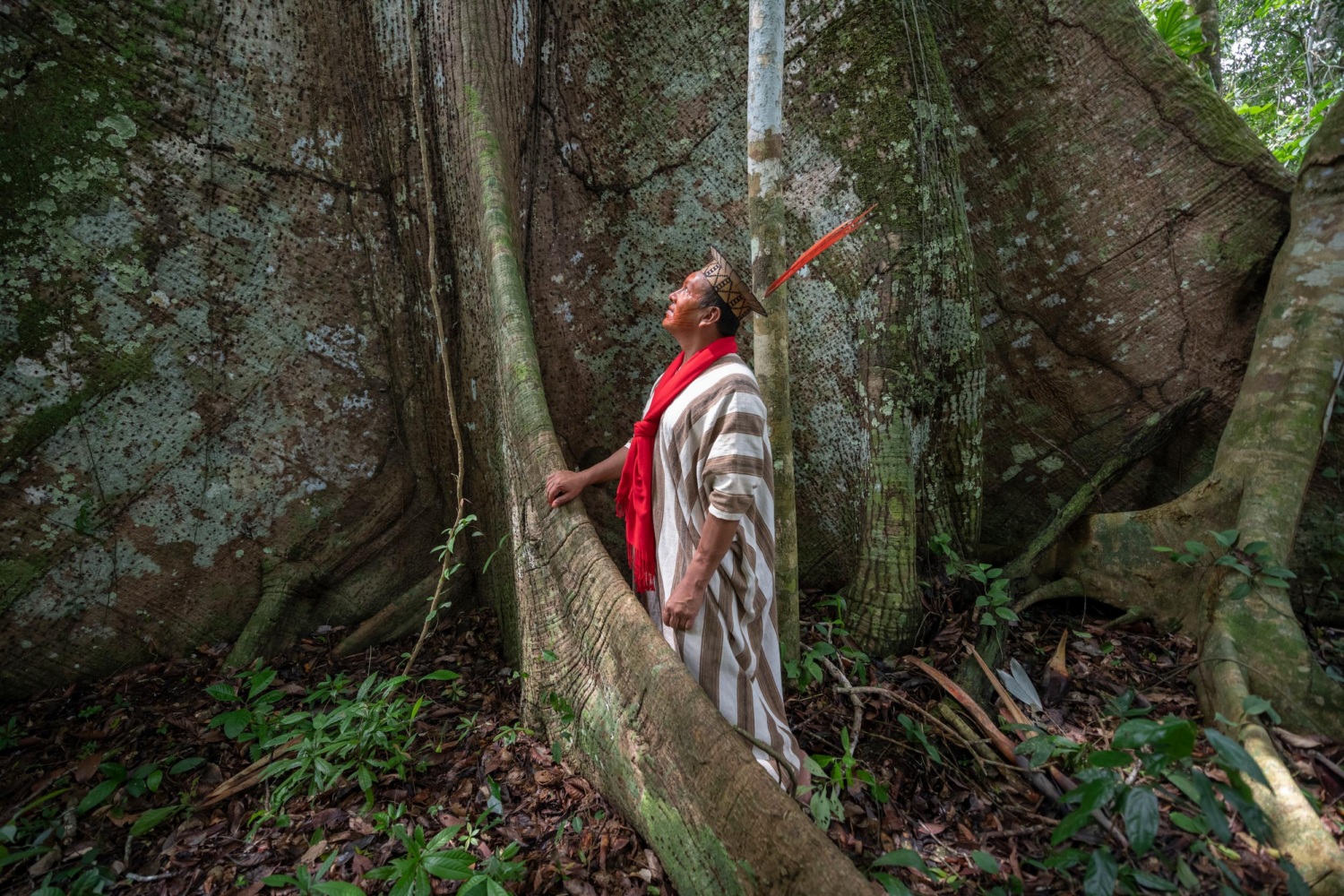We never had to, since our partners–Indigenous Peoples and Local Communities around the world–have already been enacting best practices for the planet for millenia.
Every year, leaders from governments, academia, the climate sector, business, and everyday life converge in New York City for Climate Week to push for action on the environmental crisis. It is the single largest annual climate event of its kind, and there are hundreds of events and activities across the city. This year’s theme is “It’s Time.”
From our perspective, it has always been time to take serious action towards caring for the planet; including doing everything we can to mitigate and adapt to the environmental crisis.
What are now referred to as nature-based solutions are the practices our partners have always used – the originators of a term that has now become so popular.
In Tajikistan, our Pamiri farmer partners are working in an area that is home to thousands of medicinal plants and herbs that are unique to the area. The Pamiri’s traditional farming practices are regenerative by definition, bringing back medicinal plants and traditional strains of legumes, grains, and other foods. Their practices naturally support biodiversity, as these crops grow within and regenerate the thin, rocky soil common in a country that is 97% mountainous.
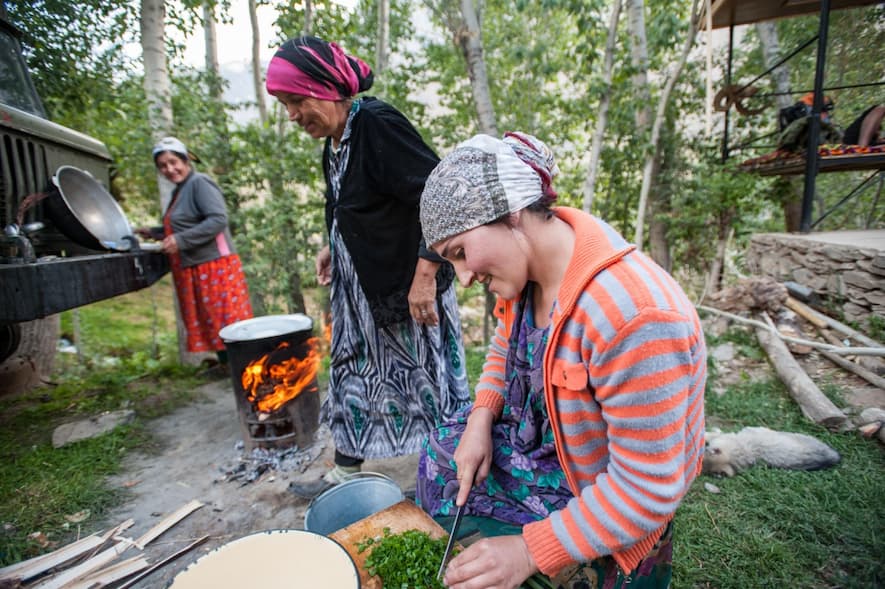
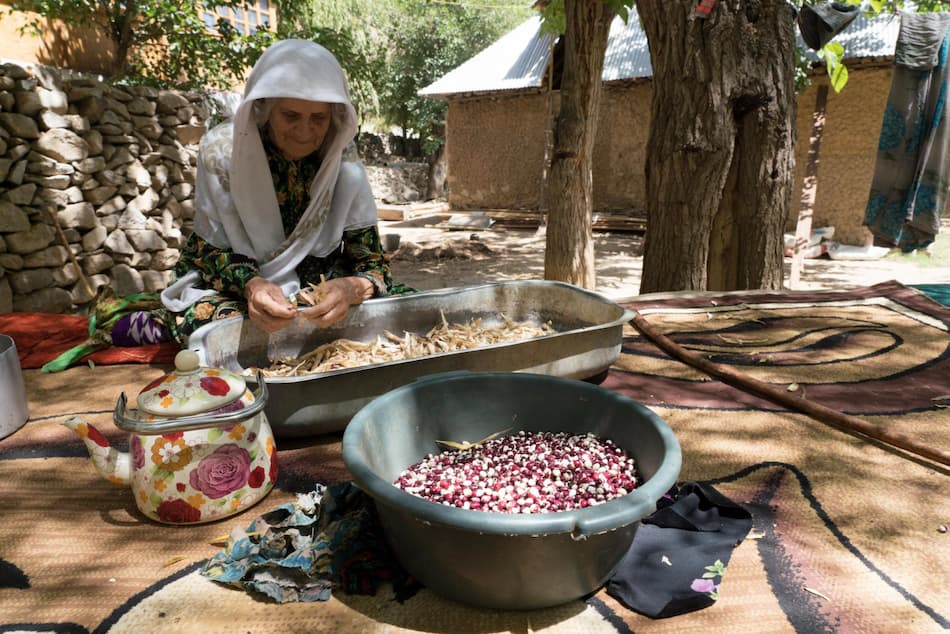
Across the South Pacific, Home Planet Fund is supporting the amplification of women’s voices about disaster preparedness and response, climate, and humanitarian action. Women from local communities now have a greater opportunity to present their recommendations on improved infrastructure – from roads to communications to food distribution and healthcare. Due to the environmental crisis, seasonal disruptions have become the norm, with rising sea levels threatening their way of life and forcing them to adapt.
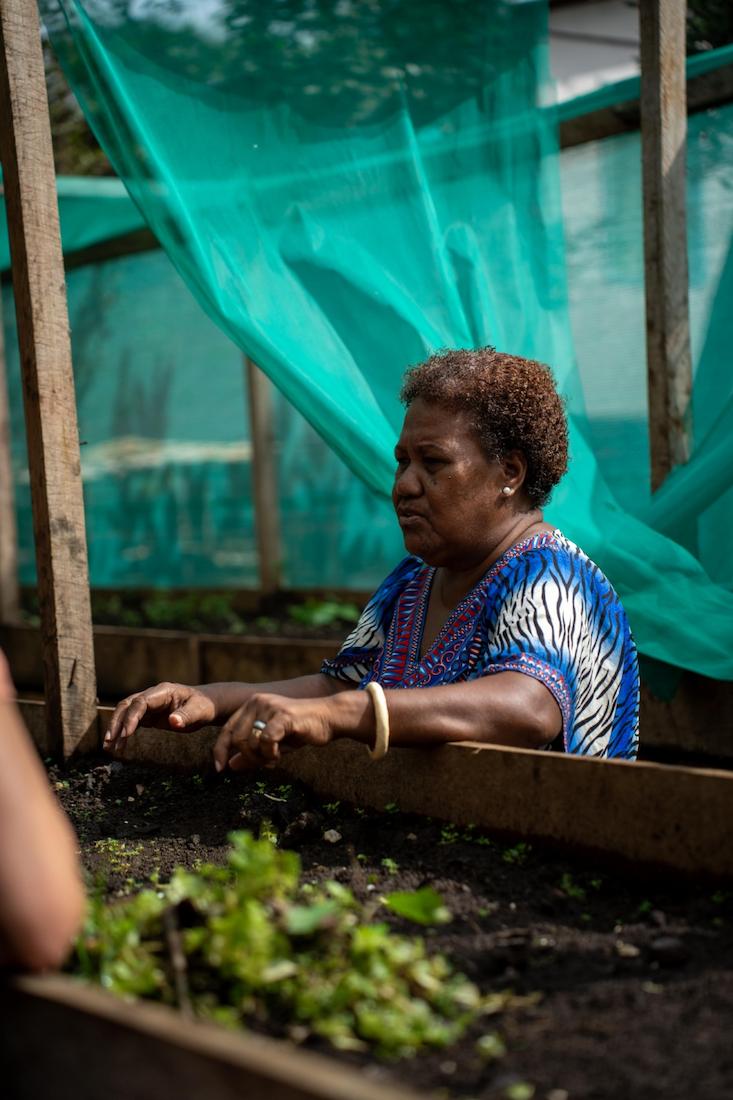
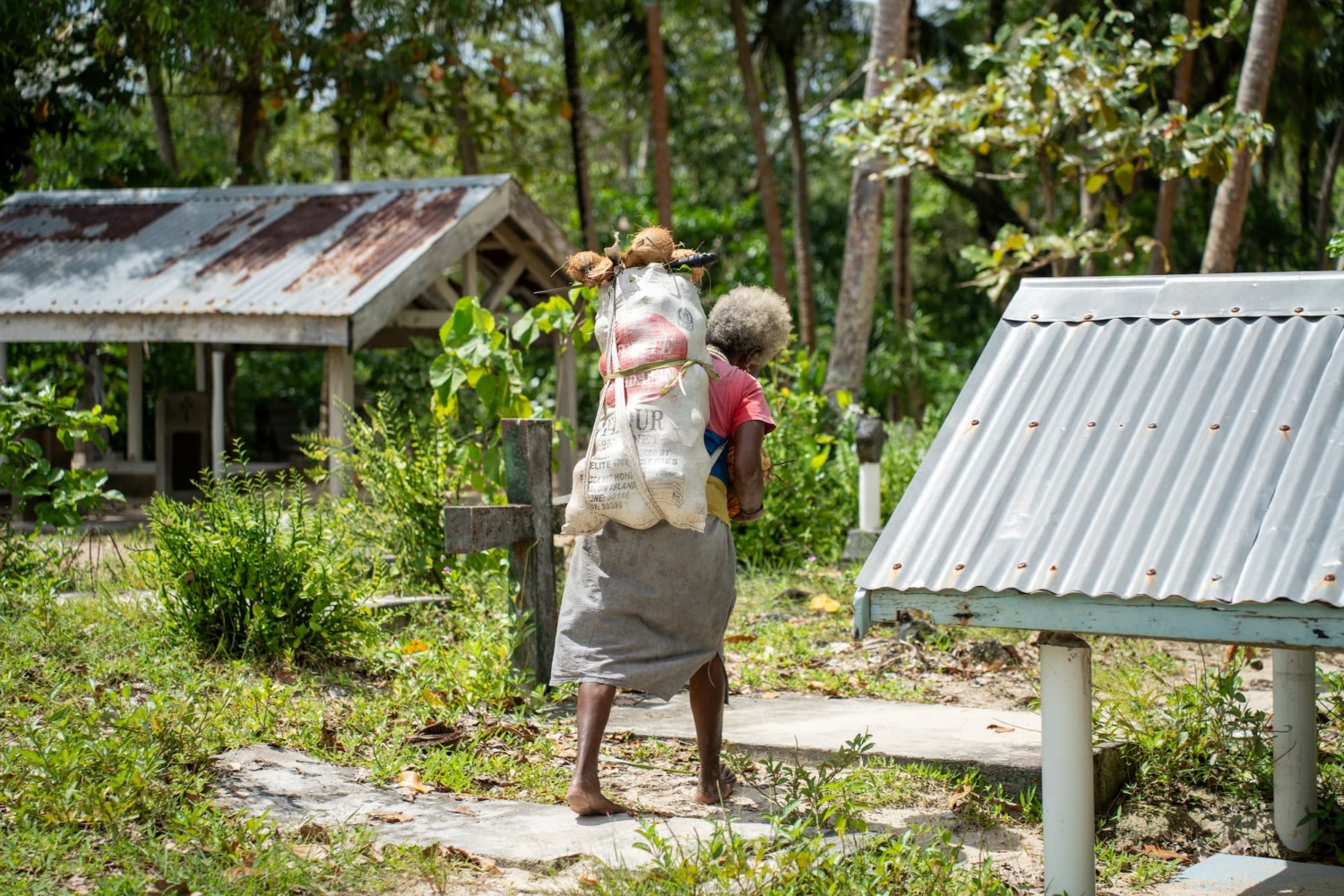
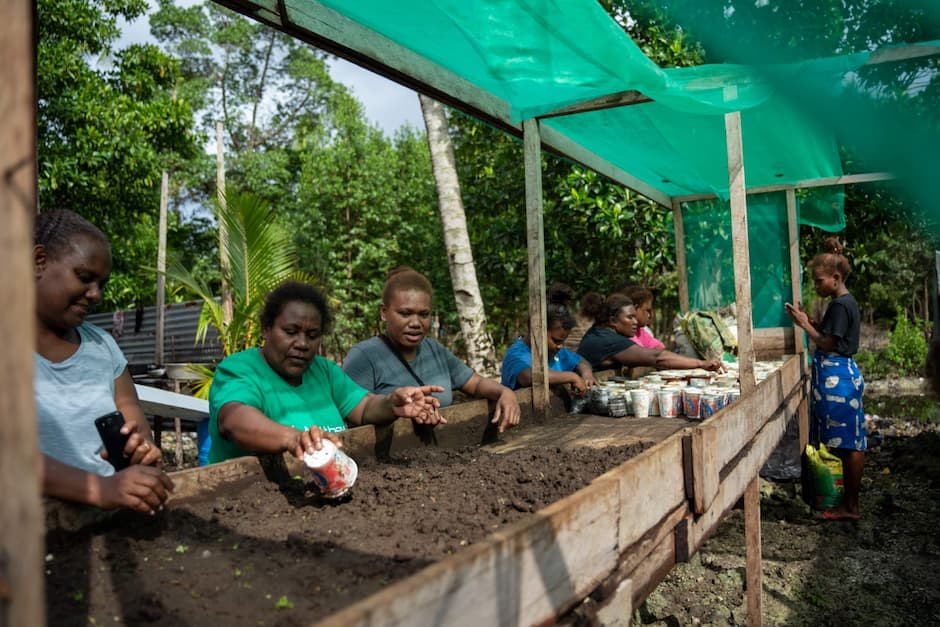
In East Africa, our pastoralist partners’ way of life has a long history of proven contributions to biodiversity conservation, rangeland management, supporting local livelihoods, as well as its well-known effectiveness in mitigating and adapting to environmental degradation. Their lifestyles are healing the earth because they are deeply connected to the land.
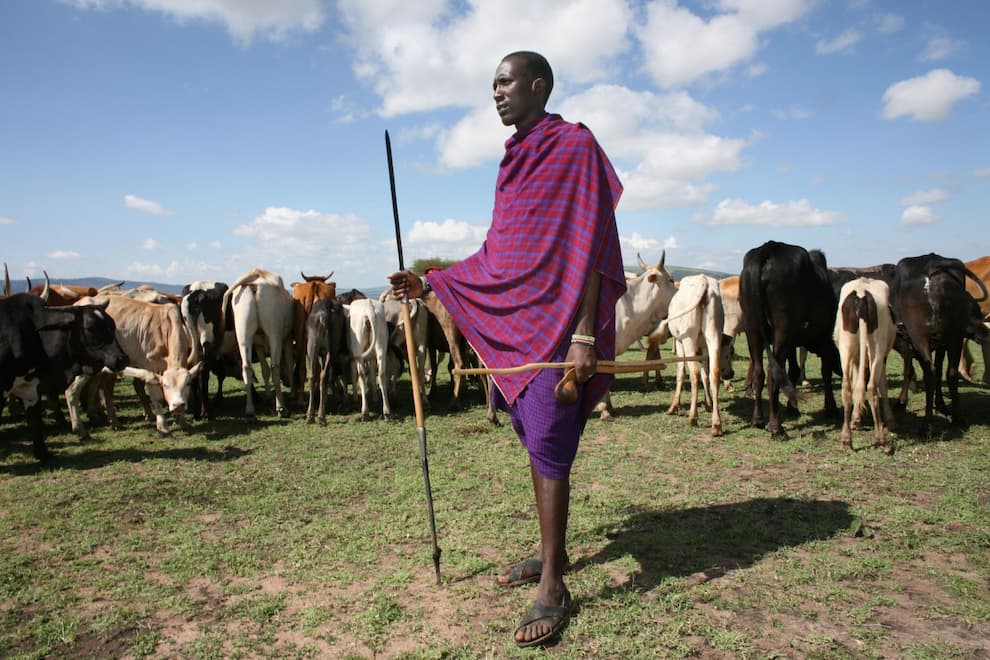
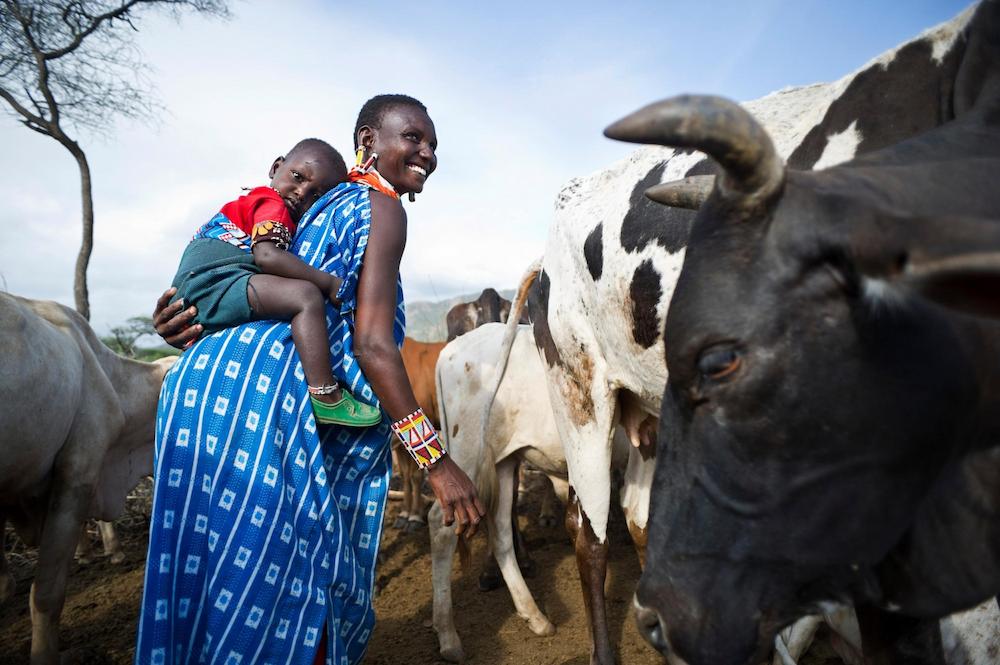
In Alaska, Home Planet Fund’s partners have created a food distribution system in Juneau, developed renewable energy projects that lower costs of living and reduce pollution, and are finding ways to protect the culturally important sockeye salmon. These projects and many others like them are quite literally weaving traditional knowledge, culture, and Native values more deeply into these villages and communities across Southeast Alaska.
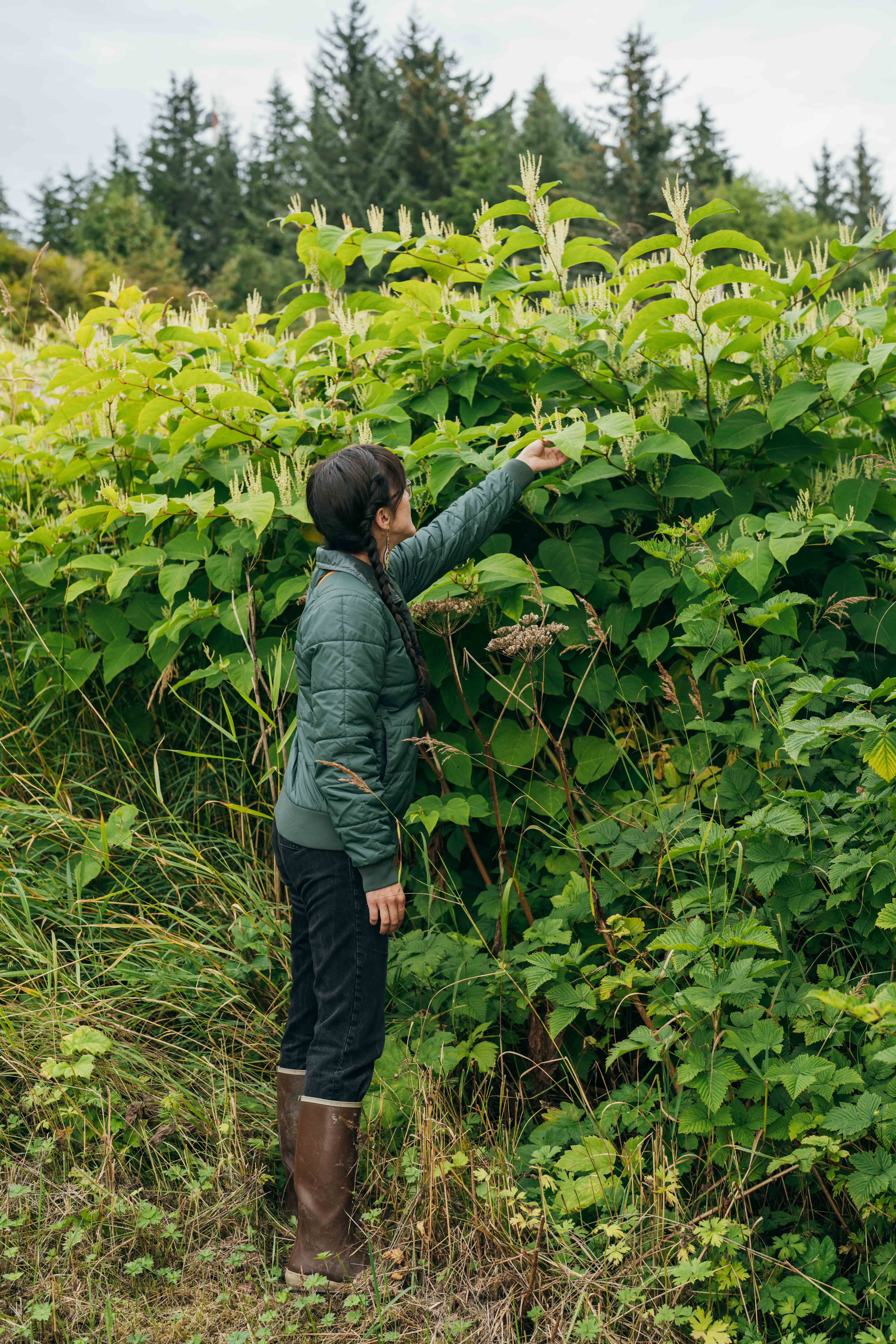
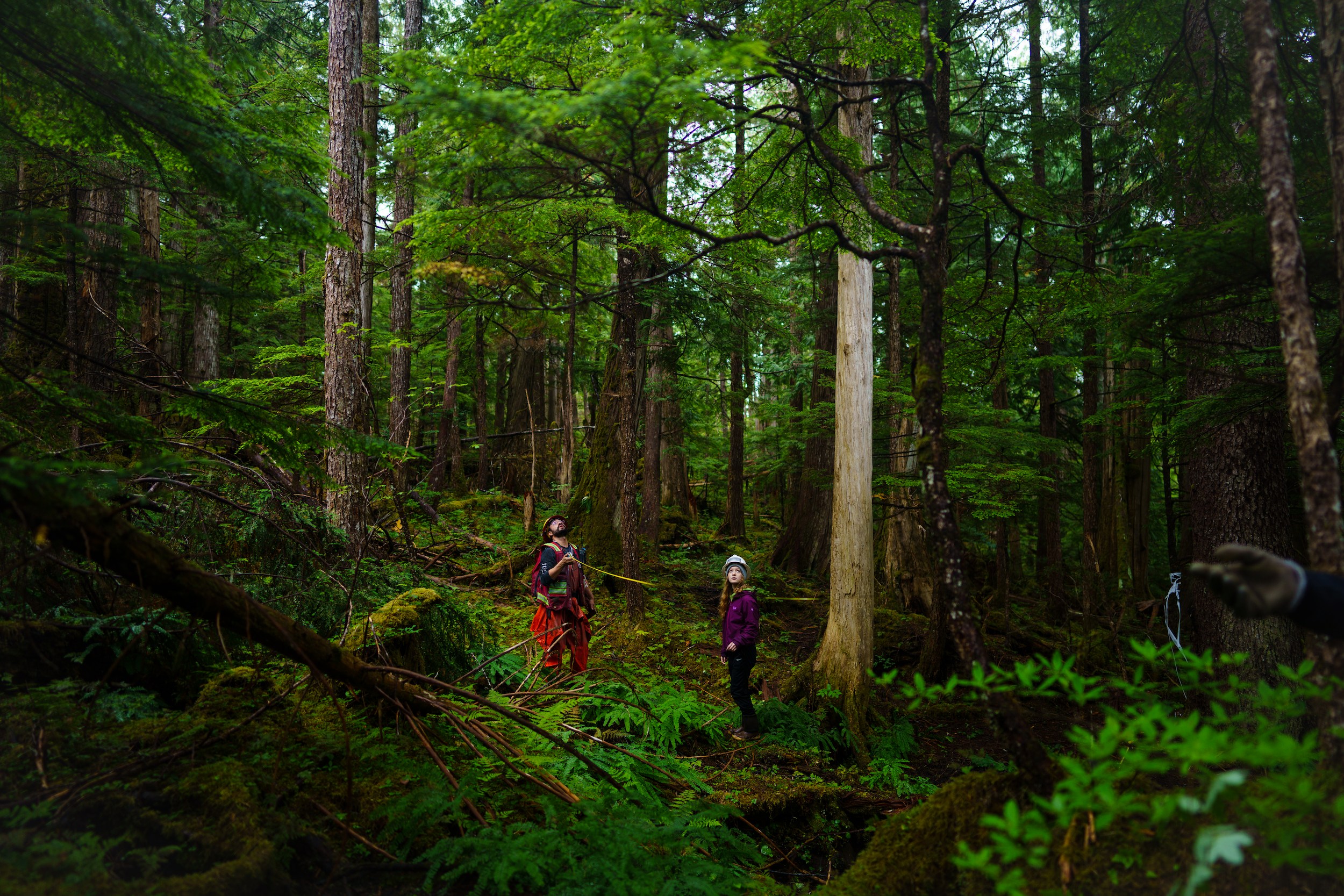
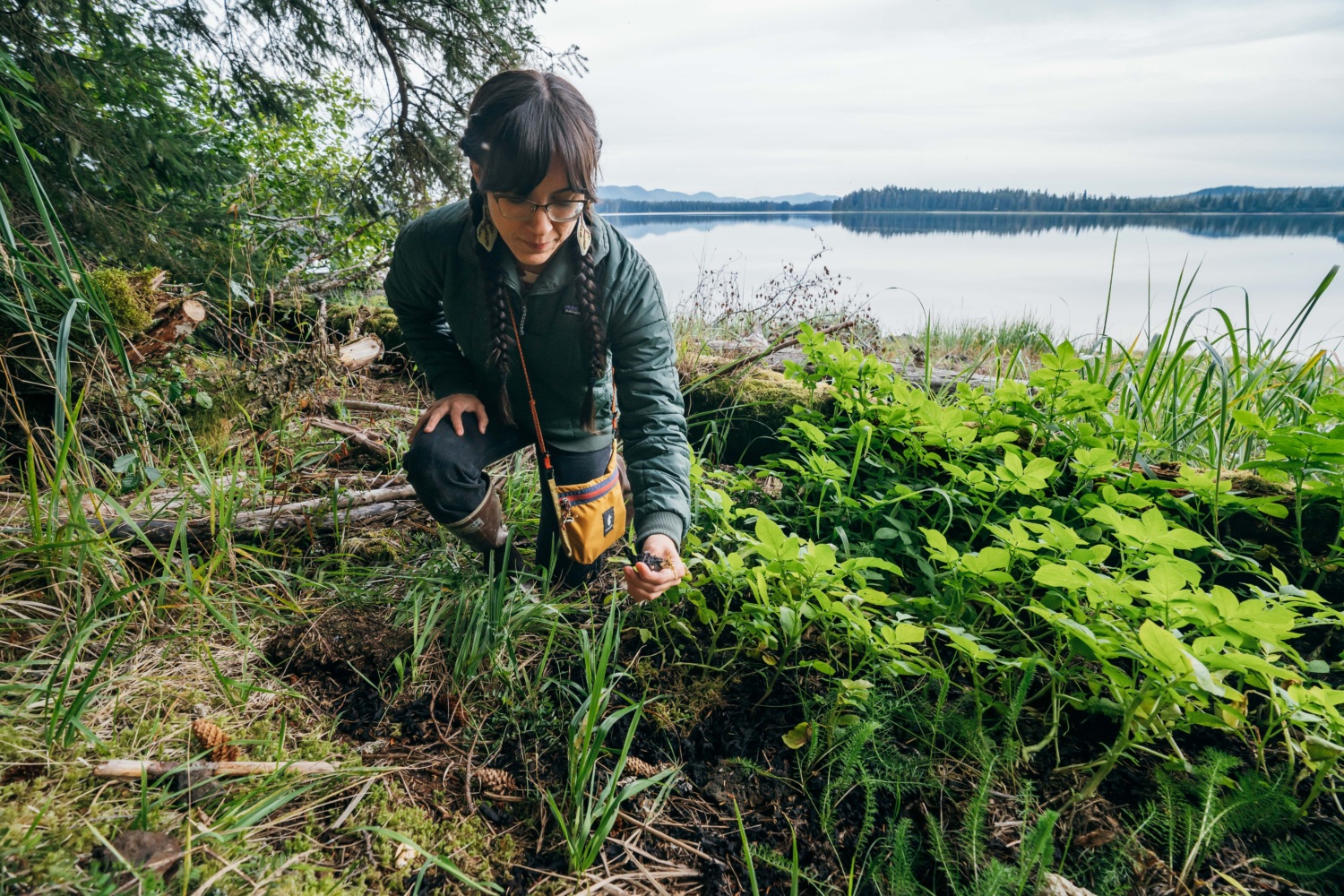
During Climate Week, Home Planet Fund’s Executive Director, Dilafruz Khonikboyeva, will be presenting on panels, including the lead session for Action Speaks: “louder than words.”
Speaking to what will be large international audiences, Dilafruz will share how Home Planet Fund’s focus has been and always will be on Indigenous Peoples and Local Communities rather than organizations.
This is because they employ the original nature-based solutions, given they are rooted in and based upon ancestral knowledge that spans millennia.
If you are attending events in New York, you can join us at Action speaks louder than words to learn more about our work. Or, read more about the work our partners are doing–and donate today to support their hard work.
We are more committed than ever to supporting our partners around the world.
